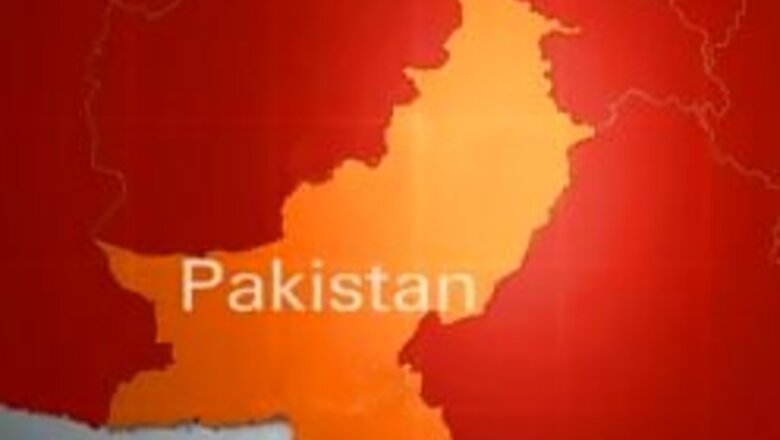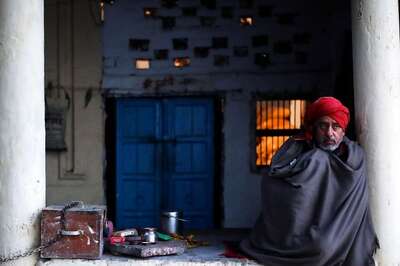
views
Islamabad: Pakistani election officials announced on Wednesday that they were delaying parliamentary elections for six weeks until February 18 because of the violence and chaos that followed the assassination of opposition leader Benazir Bhutto.
The elections had been scheduled for January 8, but Qazi Mohammed Farooq, head of the election commission, said it would be impossible to hold the polls on that day.
Opposition parties accused Pakistan's government Wednesday of delaying elections to avoid likely defeat and said they feared the move could lead to more violence in a country still shaken by Benazir Bhutto's assassination.
Meanwhile, Pakistani troops killed up to 25 suspected militants in a remote region close to the Afghan border where al-Qaeda and Taliban fighters operate - underscoring the challenges facing the country as its leaders jostle for political control.
A senior Election Commission official told The Associated Press late Tuesday that the commission had put back the parliamentary elections, originally planned for January 8, because of turmoil triggered by Bhutto's killing.
He indicated the new date would not be before the second week of February, but refused to disclose the exact schedule before a formal announcement later Wednesday.
The opposition alleged authorities were postponing the polls to help the ruling party, which is allied to President Pervez Musharraf. Many believe Bhutto's party would get a sympathy boost if the vote takes place on time. Bhutto had accused elements in the ruling party of plotting to kill her, a charge it vehemently denies.
''We reject this delay outright,'' said Sen. Babar Awan from Bhutto's party, the most powerful opposition group. ''Musharraf fears outright defeat. If this election process is jeopardized, they (our followers) may protest again and there is a chance of riots.''
The killing of Bhutto, a former prime minister, triggered three days of nationwide unrest that killed 58 people and caused tens of millions of dollars in damage. Bhutto's home province of Sindh was especially hard hit. Ten election offices were burned.
The Election Commission official said the organization needed ''at least one month to make arrangements to hold free and fair elections after the damage caused to our offices in the Sindh province.'' He spoke on condition of anonymity because he was not authorized to disclose the decision.
In addition to logistical problems arising from the destruction caused by the rioting, he said the caretaker governments of all four provinces of Pakistan had suggested the vote not be held during the holy month of Muharram, from January 10 through February 8, because they could not guarantee security. Sectarian violence often breaks out between Pakistan's Shiite and Sunni Muslims.
Still, Talat Masood, an independent political analyst judged the delay was ''mostly about politics.''
''The (election) problems are only confined to a few districts. Musharraf naturally thinks if a hostile parliament comes in he has no future.''
The party of Nawaz Sharif, the leader of another opposition party, accused Musharraf of wanting a delay to allow anger over Bhutto's death to evaporate.
''Right now they are the target of public hatred'' said Ahsan Iqbal, a spokesman for the party.
Meanwhile, a top aide of Bhutto revealed that on the day she was killed, the opposition leader was planning to give two U.S. lawmakers a 160-page dossier accusing the government of rigging the elections.



















Comments
0 comment